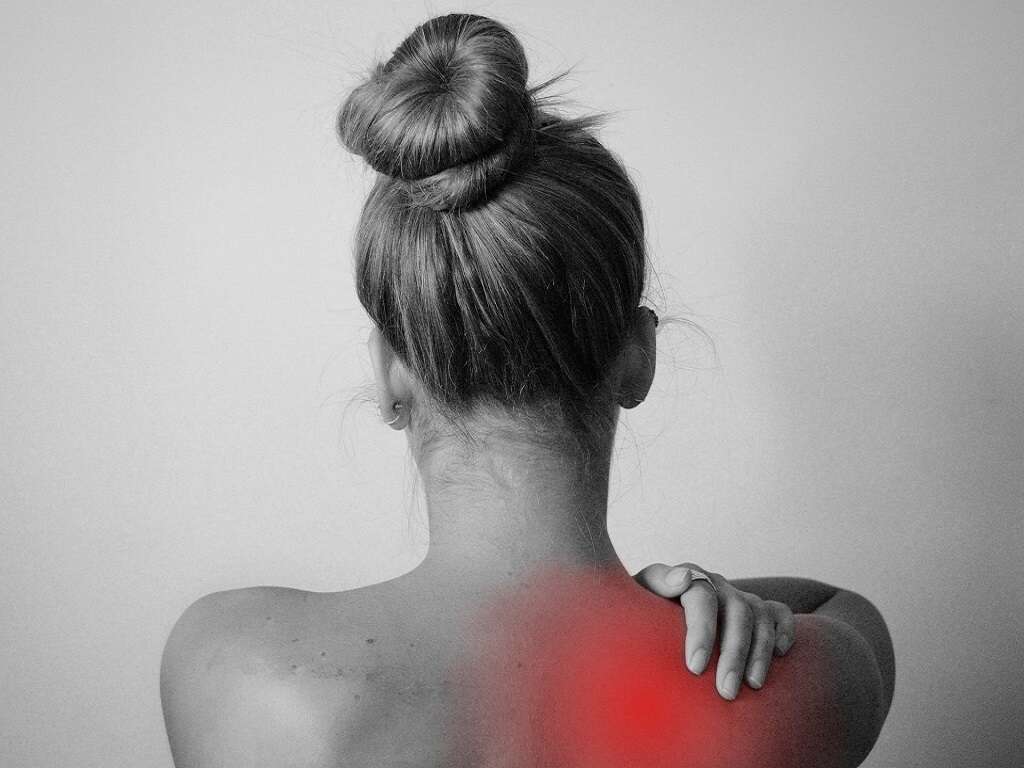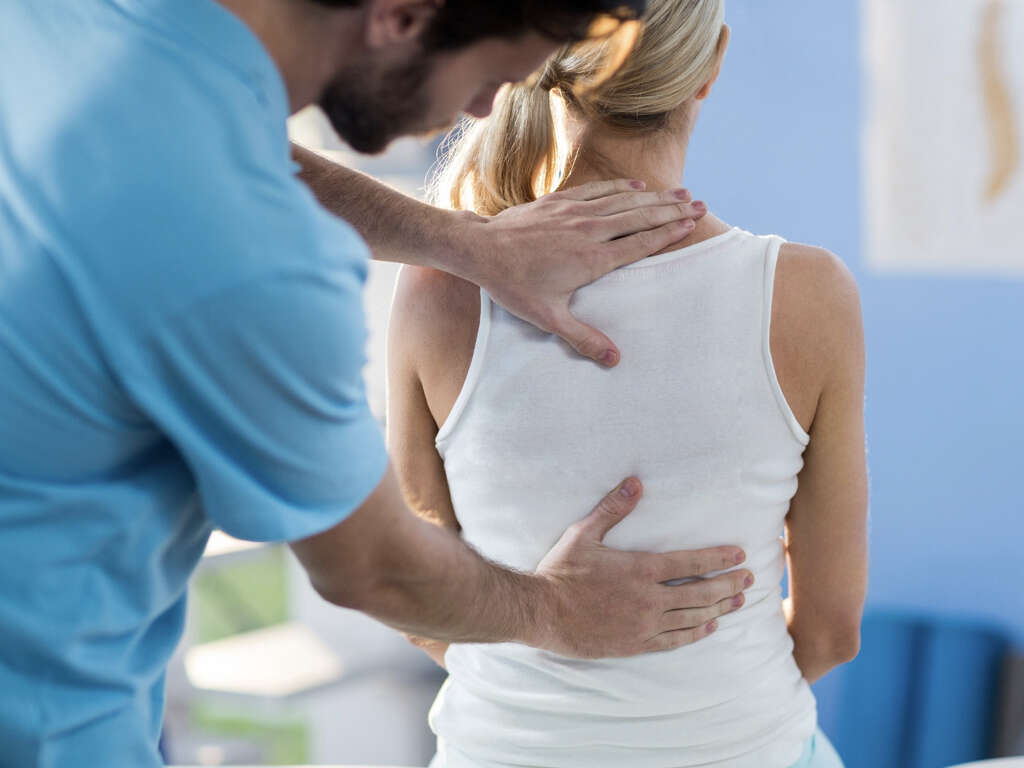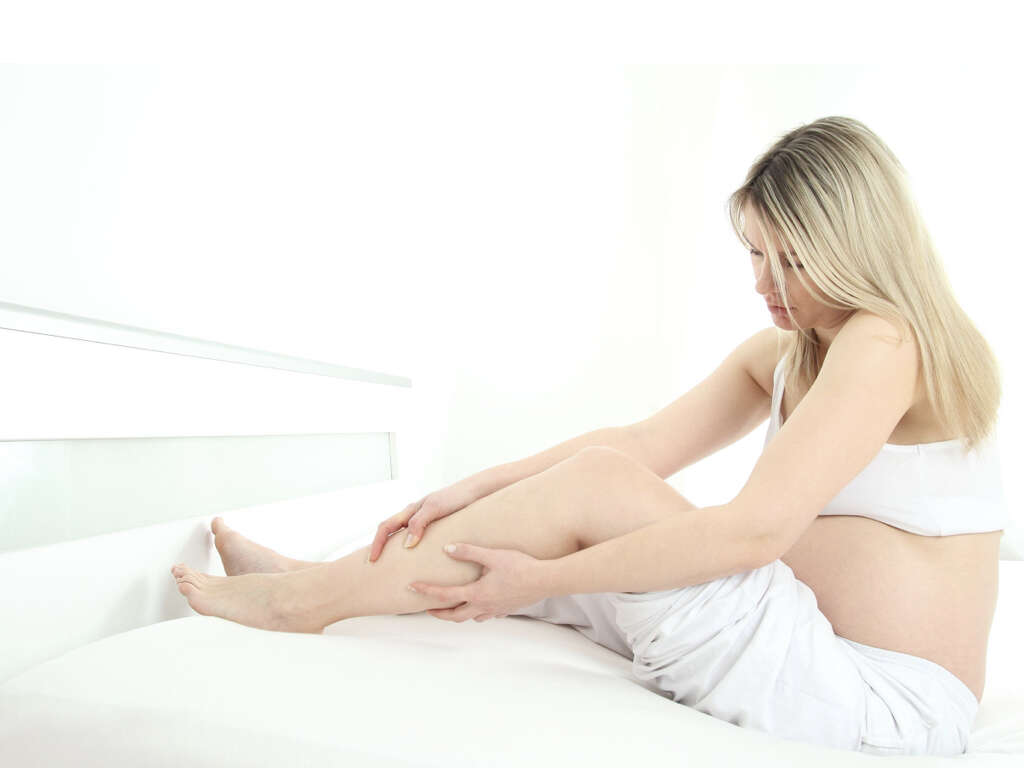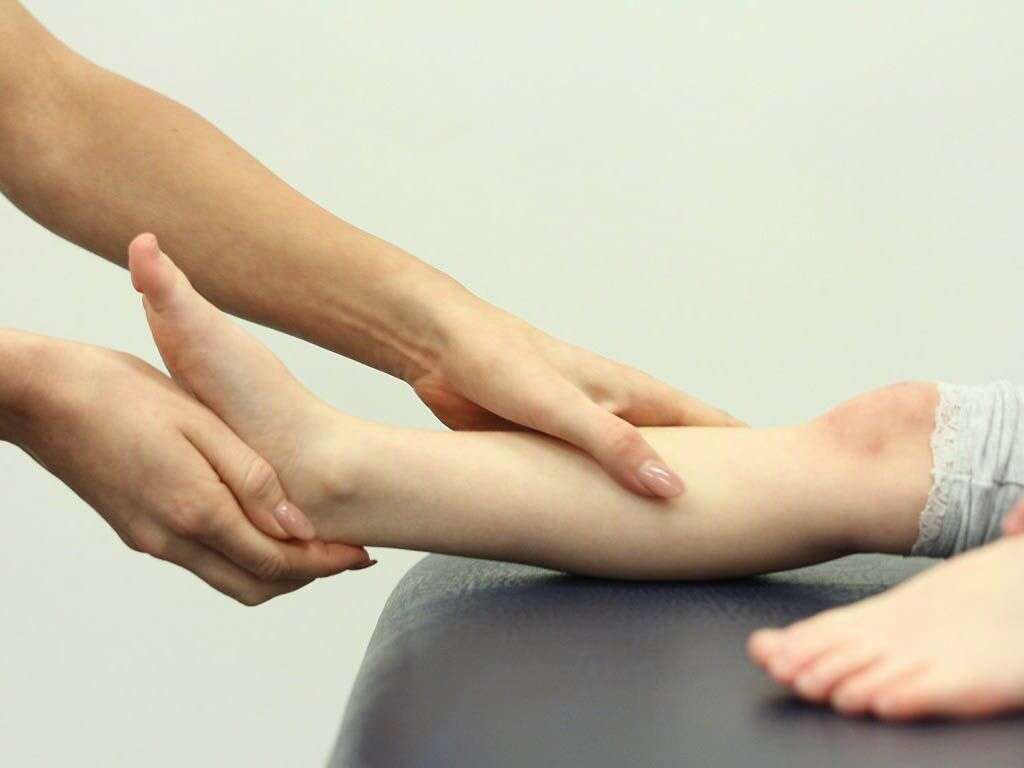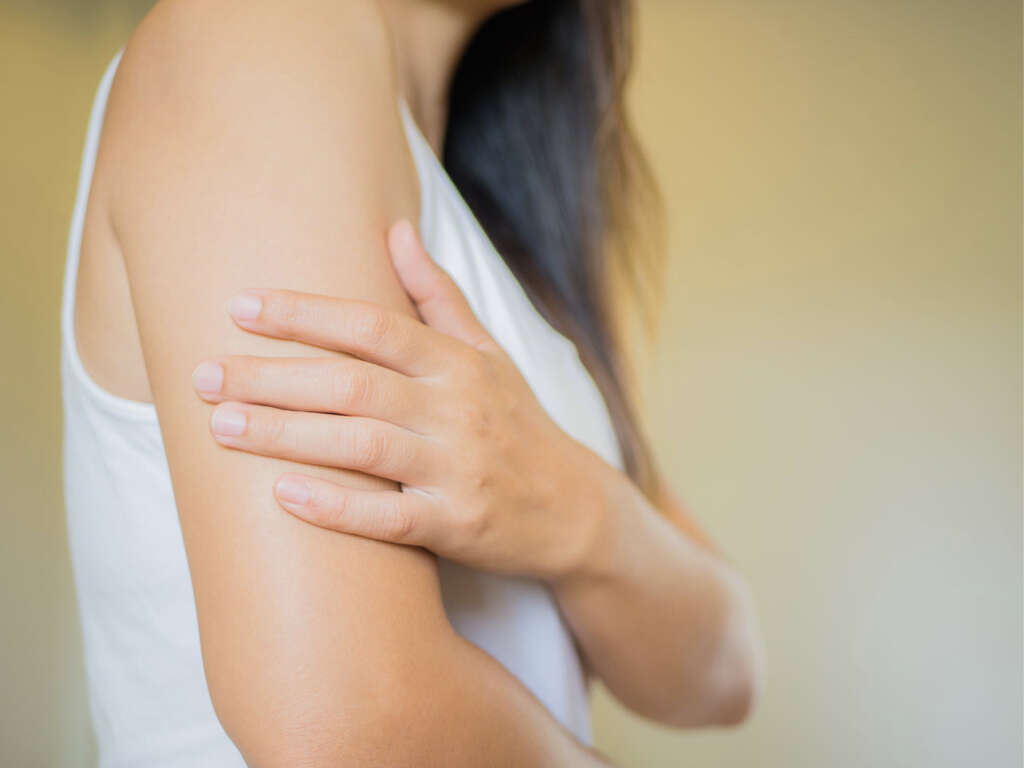10 Polymyositis Symptoms
Polymyositis is a condition where there is chronic inflammation of the muscles. The inflammation is found to be mostly in the endomysium, the smallest and deepest component of the muscle connective tissue. It is a condition where there is defective cellular immunity which is believed to be associated with other systemic autoimmune conditions. Polymyositis is believed to have occurred due to diverse causes or in association with connective tissue disorders, viral infections, or malignancies. Studies have shown that it is a T-cell mediated cytotoxic process causing it to be directed against muscle antigens.
While the factors that trigger the T-cell mediated process are still unclear, viruses such as the human immunodeficiency virus (HIV) and coxsackie virus have been implicated. In the United States, polymyositis is estimated to be more common among the black population. Internationally, the incidence of polymyositis is lower among the Japanese. This condition is also more common among women compared to men. It usually affects those above the age of 20 with peak incidence among those 45 to 60 years old. Polymyositis usually has a good prognosis as it responds well to treatment. However, it has been observed that approximately 30 percent of patients experience residual weakness.
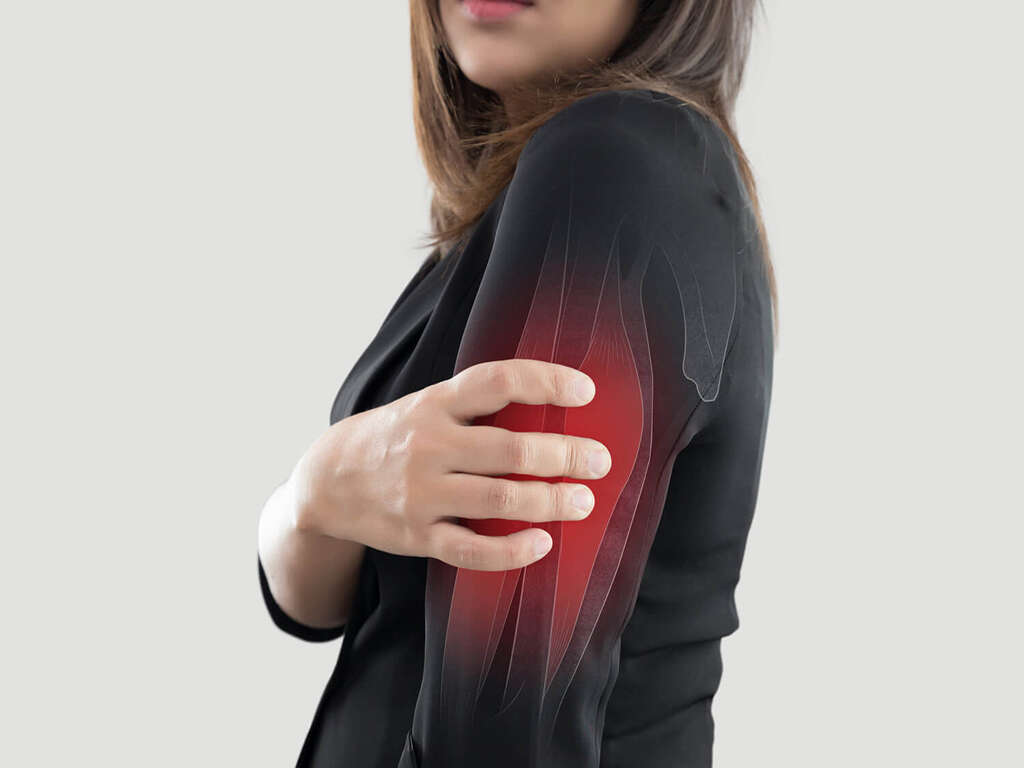
Symptom #1: Muscle Weakness
Muscle weakness is also known as myasthenia. It occurs when there is decreased or lack of muscle strength. There can be many causes of myasthenia where it could be categorized into true or perceived weakness. In true weakness, the causes include skeletal muscle diseases such as inflammatory myopathy, muscular dystrophy, and myasthenia gravis. It can also be due to electrolyte imbalances like low potassium levels.
Weakness can be short or long-term depending on the underlying cause and treatment the patient is able to receive. In polymyositis, the muscle weakness is often in the proximal muscles which is often bilateral causing the inability to get up from a sitting position or to raise their arms above their head.
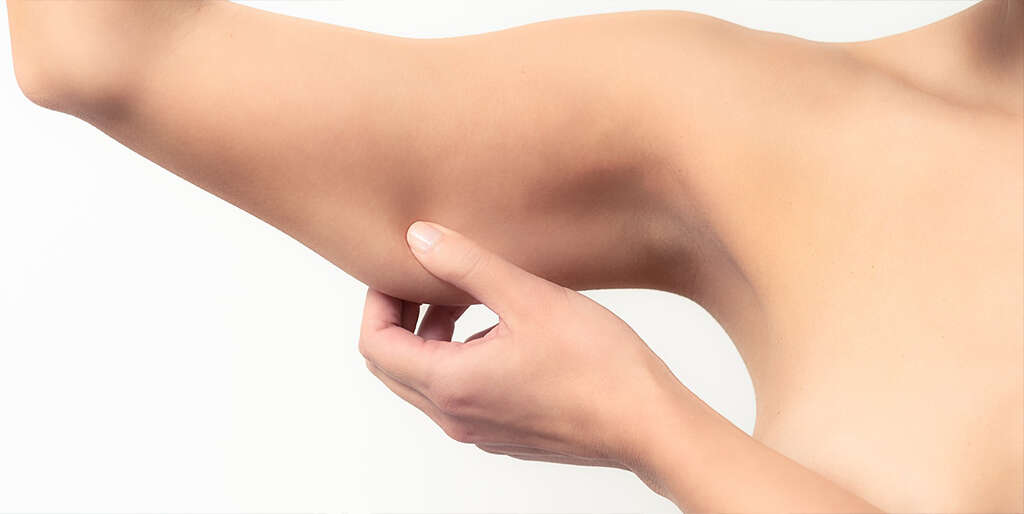
Symptom #2: Myalgia
Myalgia refers to muscle pain that can be present in various conditions such as overuse or overstretching, viral infections, side effect of medications, potassium deficiency, fibromyalgia, autoimmune disorders, and more.
Since there are many possible causes of myalgia, the treatment for it depends on the underlying cause.

Symptom #3: Dysphagia
Dysphagia is a term that refers to difficulty during swallowing. Patients with dysphagia can be unaware of experiencing it. It should be distinguished from odynophagia which refers to pain during swallowing. Dysphagia is used to describe difficult passage from the mouth to the stomach. Patients with dysphagia have a higher risk of aspiration pneumonia.
If undiagnosed, it can lead to malnutrition, dehydration, and renal failure. Patients with dysphagia may experience inability to control saliva or food in their mouth, having trouble initiating a swallow, choking, coughing, regurgitation, wet voice, weight loss, and have frequent episodes of pneumonia.
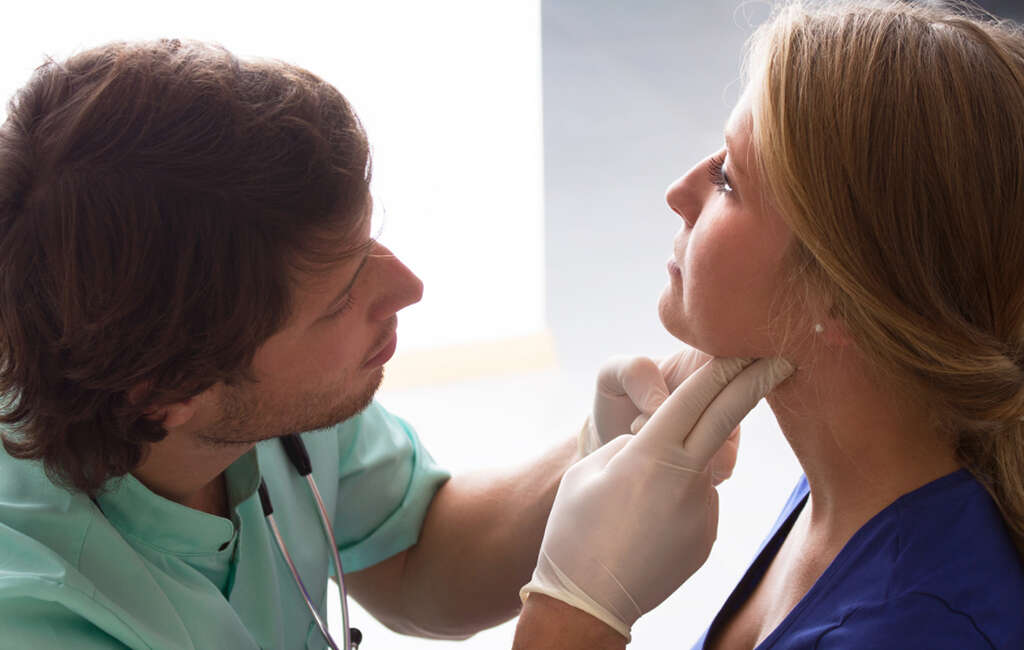
Symptom #4: Aspiration
Aspiration refers to the accidental entry of material such as food, stomach contents, or pharyngeal secretions into the larynx and lower respiratory tract. Simply put, many lay people refer to it as “going down the wrong pipe”. Among healthy individuals, the aspiration of small quantities rarely results in any disease or injury.
However, individuals at risk, such as those with injury or underlying disease, may suffer respiratory complications such as pneumonia. In polymyositis, issues with esophageal motility and dysphagia increases the risk of aspiration.
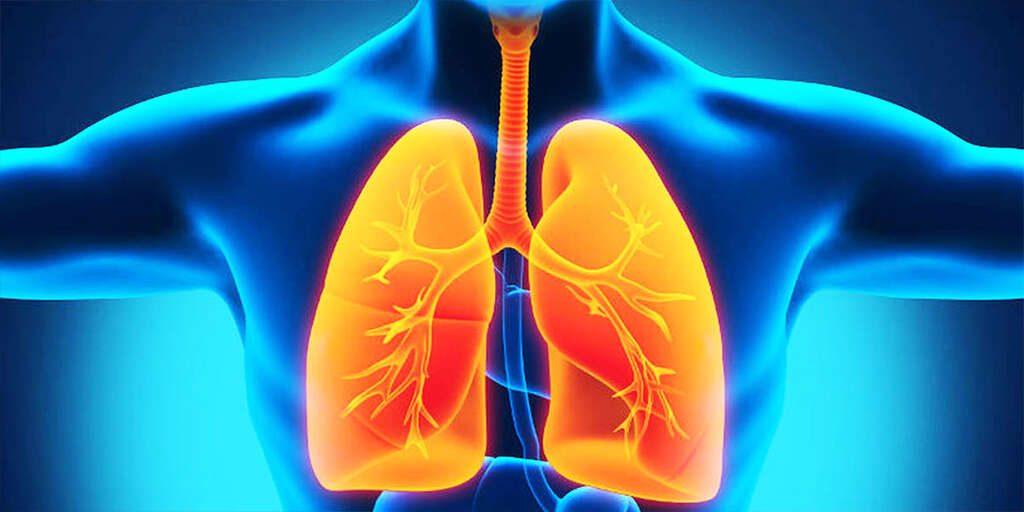
Symptom #5: Loss of Appetite
Loss of appetite or anorexia is a common and non-specific symptom that can be seen in various conditions. In infection, it is thought to have occurred as part of the acute phase response where it is triggered by the various components of the bacterial cell walls, DNA, viral RNA, and viral glycoproteins.
It can also be due to proinflammatory cytokines as it indirectly increases the production of leptin which contributes to appetite loss. Some of the causes of anorexia include atypical pneumonia, anxiety, appendicitis, cancer, chronic kidney disease, heart failure, dementia, dehydration, hypothyroidism, metabolic disorders, depression, and more.
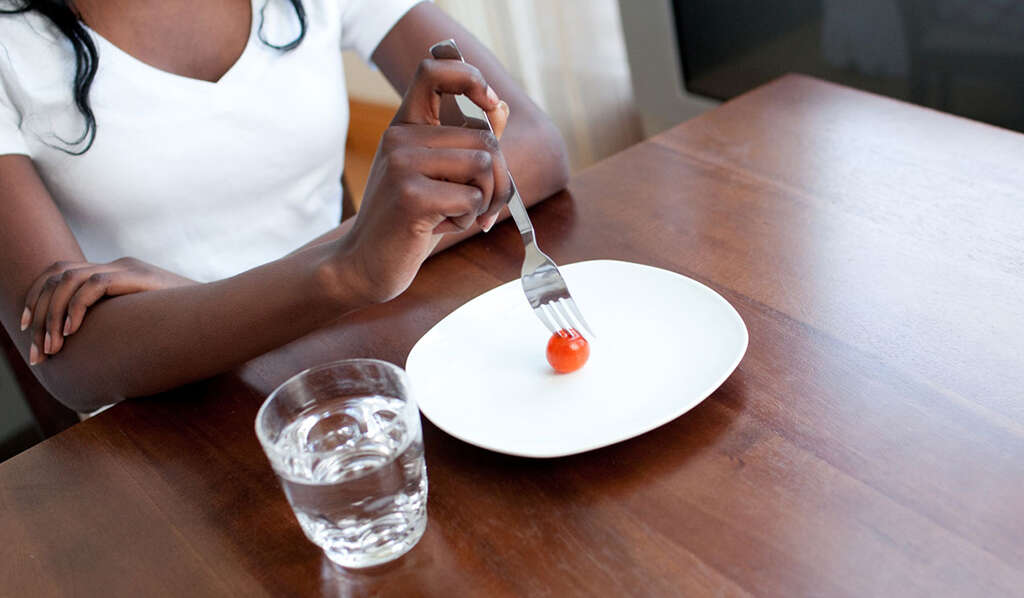
Symptom #6: Fatigue
Fatigue is defined as the gradual feeling of tiredness that can be alleviated with rest. It can be divided into physical or mental fatigue where physical fatigue refers to the transient inability to maintain optimal physical performance. Mental fatigue occurs when there is a temporary inability to achieve maximal cognitive performance.
Fatigue can manifest as lethargy or somnolence. It is a very common symptom that can be seen in many situations such as inadequate sleep, nutritional deficiency, stress, overworking, dehydration, infections, and more. In polymyositis, physical fatigue occurs as there is often bilateral proximal muscle weakness causing difficulties with daily activities.

Symptom #7: Weight Loss
Weight loss refers to the loss of body mass due to a decrease or reduction in muscle, body fat, fluid, mineral deposits, or other connective tissue. Weight loss that occurs unintentionally may be due to nutritional deficiency or underlying disease.
The loss of weight can be due to impaired intake, impaired digestion or absorption of food, changes in the metabolic demands, or excessive loss of nutrients. Weight loss is a common and non-specific symptom that can be seen in various conditions such as diarrhea, cancer, nutritional deficiency, infections, and any condition that causes loss of appetite.

Symptom #8: Fever
Fever occurs when the set point of body temperature increases beyond the normal range. When the set point of body temperature increases, it causes the individual to feel cold. It also causes muscle contractions as the body tries to produce heat in an effort to reach the higher temperature. Fever in younger children can lead to febrile seizures.
Fever is a common and non-specific symptom seen in various conditions such as viral, bacterial, or parasitic infections, dehydration, inflammatory conditions, and more. In the case of polymyositis, this is not a common finding but it can be seen in a small number of patients.

Symptom #9: Arthralgia
Arthralgia is a medical term used to describe joint pain. It is usually a symptom of infection, injury, illness, or allergy to medication. Some of the causes of arthralgia include systemic lupus erythematosus, viral arthritis, rheumatoid arthritis, osteoarthritis, gout, septic arthritis, hemarthrosis, and more.
In polymyositis, the knees, elbows, and hips are usually involved. Joints are usually symmetrically affected.
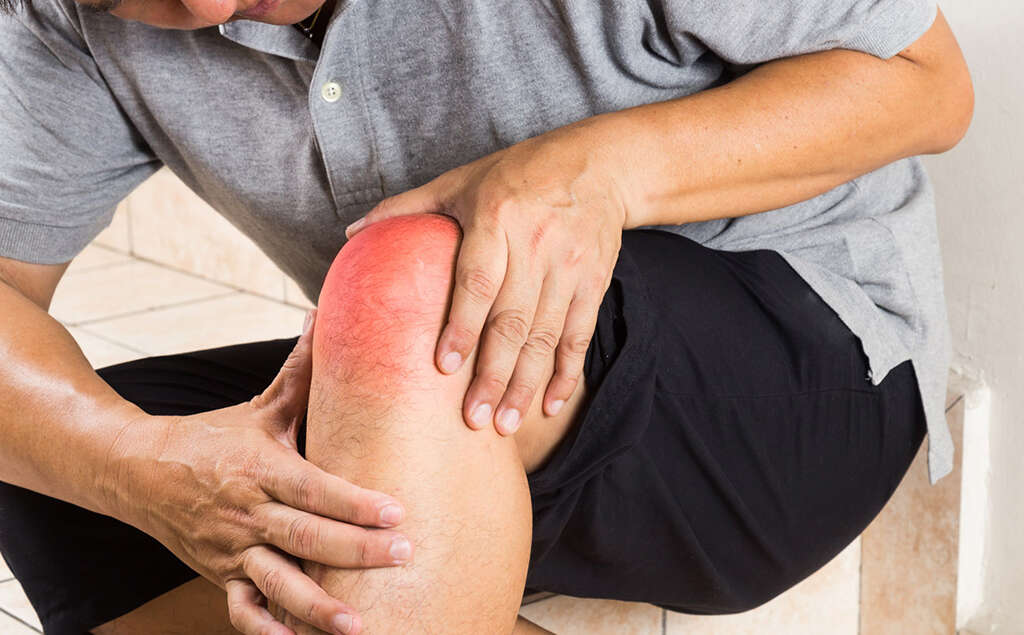
Symptom #10: Joint Stiffness
Joint stiffness can refer to pain or reduced range of motion. In reduced range of motion, the patient often notices that their joints are no longer able to move normally. The physician conducting the physical examination may also notice that the range of motion of the joint is less than normal.
Some causes of joint stiffness include osteoarthritis, rheumatoid arthritis, ankylosing spondylitis, and more. Patients may also complain about difficulty moving the joint which may or may not be accompanied by swelling.




